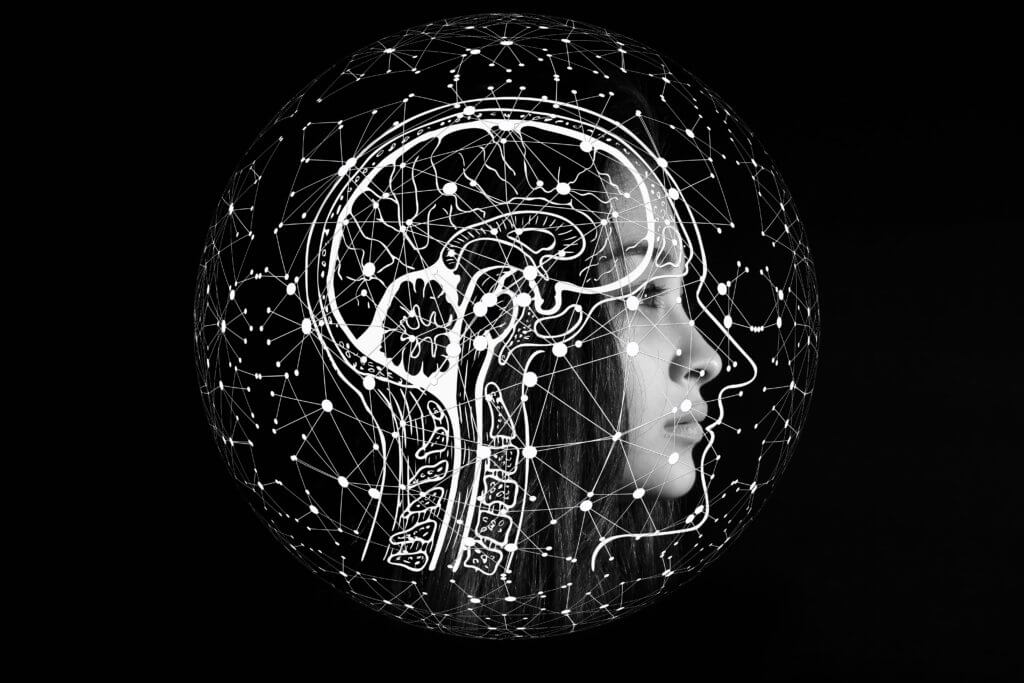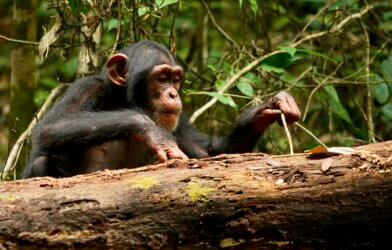Has the mystery of consciousness been solved? International researchers believe they have pinpointed an answer. A new theory suggests that consciousness is a physical, relativistic phenomenon, which, in turn, causes the mystery of consciousness to naturally dissolve.
For 1,000 years, researchers and philosophers have been puzzled as to how the brain creates consciousness. Every person is subjective and we experience the world and ourselves while we are awake. However, it remained a mystery how the brain creates the conscious experience and what area of the brain is responsible for this.
“This is quite a mystery since it seems that our conscious experience cannot arise from the brain, and in fact, cannot arise from any physical process,” says study lead author Dr. Nir Lahav, a physicist from Bar-Ilan University in Israel, in a media release.
The conscious experience in our brain cannot be found or reduced to some neural activity.
“Think about it this way, when I feel happiness, my brain will create a distinctive pattern of complex neural activity. This neural pattern will perfectly correlate with my conscious feeling of happiness, but it is not my actual feeling,” explains study co-author Dr. Zakaria Neemeh, a philosopher from the University of Memphis. “It is just a neural pattern that represents my happiness. That’s why a scientist looking at my brain and seeing this pattern should ask me what I feel, because the pattern is not the feeling itself, just a representation of it.”
Because of this, the study authors say, we can’t reduce the conscious experience of what we sense, feel and think to any brain activity. We can only find correlations to these experiences.
The mystery of the hard problem of consciousness consists of why can’t these conscious experiences be found anywhere in the brain or the body, and also can’t be reduced to any neural complex activity. Drs. Lahav and Neemeh claim they have solved the hard problem of consciousness in a purely physical way.
Consciousness and physics
The study states that when we change our assumption about consciousness and assume that it is a relativistic phenomenon, the mystery of consciousness naturally dissolves. Researchers developed a conceptual and mathematical framework to understand consciousness from a relativistic point of view.
“Consciousness should be investigated with the same mathematical tools that physicists use for other known relativistic phenomena,” notes Dr. Lahav.
Since consciousness is a relativistic phenomenon, it’s the same situation in the case of consciousness, according to the new theory. The brain doesn’t create a person’s conscious experience, at least not through computations.
Researchers say, using the mathematical tools that describe relativistic phenomena in physics, the theory reveals that if the dynamics of one’s neural activity could be changed to be like the dynamics of another’s neural activity, then both will be in the same cognitive frame of reference and would have the exact same conscious experience as the other.
The study authors believe their new theory can be applied to determine which animal was the first in the evolutionary process to have consciousness, when a fetus or baby begins to be conscious, which patients with consciousness disorders are conscious and which artificial intelligence systems have a low degree of consciousness.
The study is published in the journal Frontiers in Psychology.













Nothing to see here, folks. Move along. The hard problem persists.As Noam Chomsky would say, this article is simply more “hand waving”.
“The study states that when we change our assumption about consciousness and assume that it is a relativistic phenomenon, the mystery of consciousness naturally dissolves”
Okay I’ll try it. I have changed my assumption. Nope, nothing dissolved. Mystery is still there. Back to the drawing board.
Do the smaller brains of women reduce their consciousness?